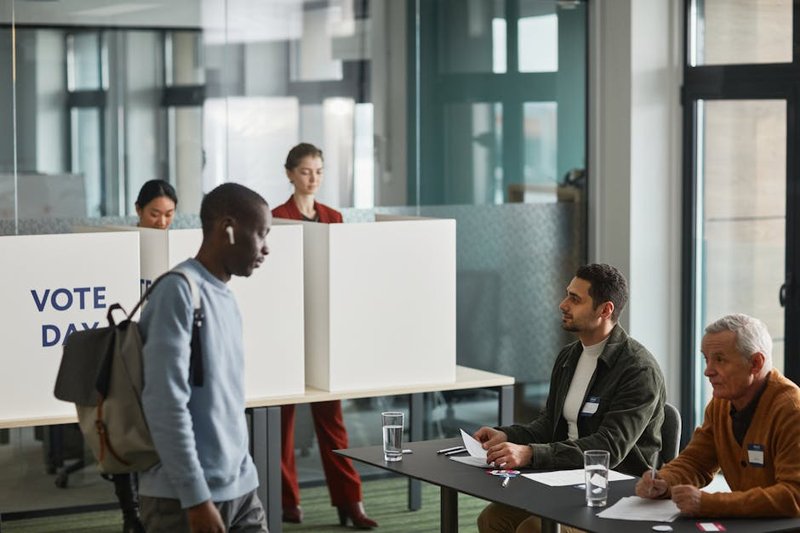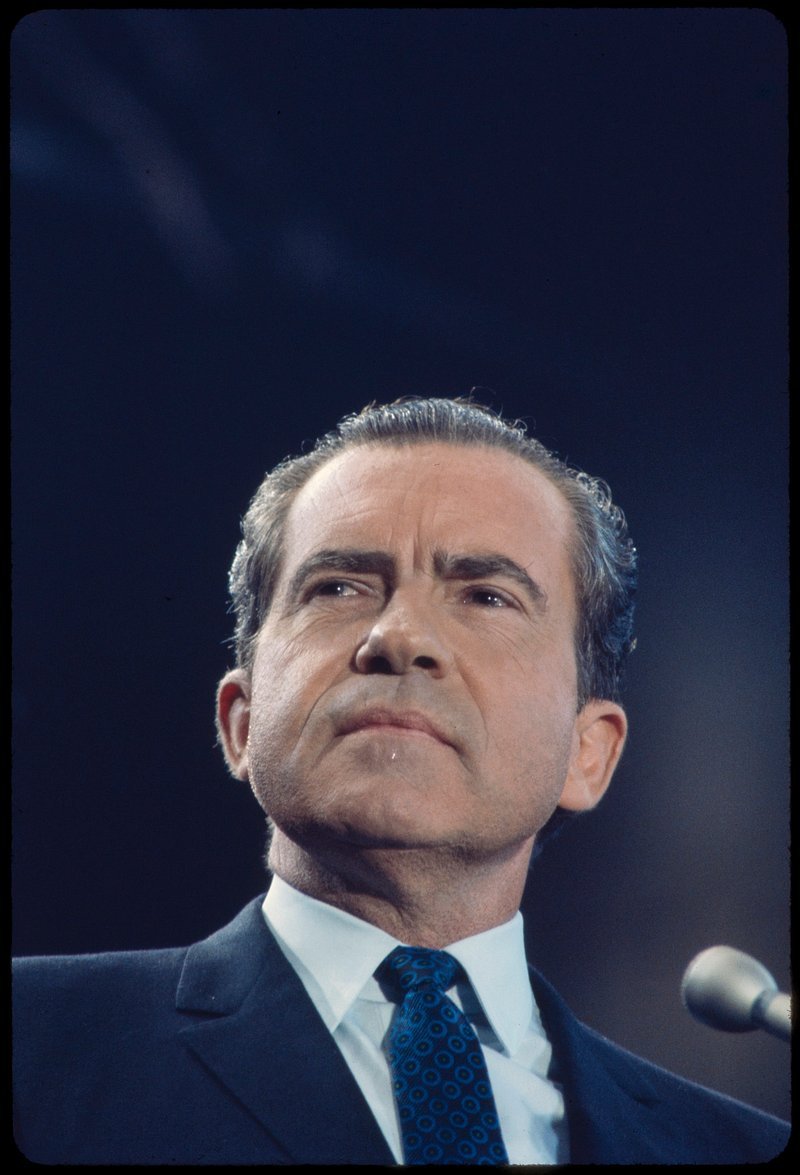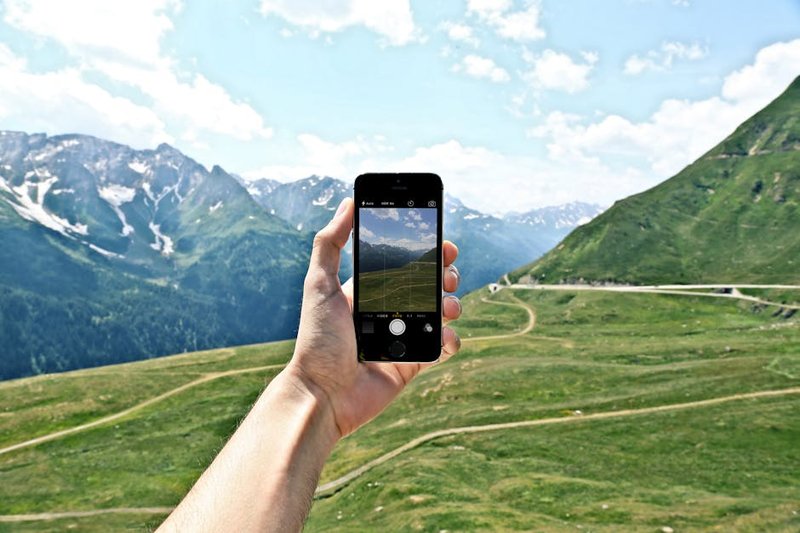I’ve always believed that courage isn’t just found in dramatic moments of heroism. Sometimes it’s in the quiet determination of ordinary people making choices despite intimidation and uncertainty. That’s what struck me watching the unfolding story in Moldova this weekend.
As I scrolled through news reports about Moldova’s presidential election and EU referendum, I found myself unexpectedly moved. Here was courage – not in firefighters rushing into burning buildings or soldiers on battlefields – but in citizens standing in long lines at polling stations, defying reported Russian interference attempts to exercise their democratic rights.
Moldova – The Quiet Bravery of Democratic Participation
Moldova sits at a crossroads, both geographically and metaphorically. This tiny country, wedged between Romania and Ukraine, finds itself torn between two futures: one looking westward toward European integration, the other eastward toward Russia’s sphere of influence.
President Maia Sandu’s words resonated with me deeply: Moldovans must “determine their own destiny without lies and dirty money.” In a nation where external forces reportedly seek to manipulate outcomes through disinformation campaigns and vote-buying schemes, simply casting an honest ballot becomes an act of defiance.
I’ve always admired those who stand tall when pressured to bend. The Moldovan citizens who turned out in numbers exceeding 50% of eligible voters – creating lines so long that polling hours needed extension – demonstrated precisely this kind of everyday courage.

Moldova – Finding Strength in Unity
What strikes me as particularly brave is how Moldovans abroad participated enthusiastically. From France to Romania, Russia to Greece, diaspora Moldovans showed up to have their voices heard. There’s something powerful about a people scattered across continents coming together to determine their homeland’s future.
I’m reminded of conversations with my grandfather, who always said real courage isn’t about being fearless – it’s about acknowledging your fears but acting anyway. For many Moldovans, especially those living in countries like Russia, voting for a pro-European path might carry real personal risks.
Yet they came anyway. They stood in those lines. They marked those ballots.
Courage Amid Disinformation and Pressure
According to reports, this election faced “Russian meddling” including disinformation campaigns and attempts to buy votes. Imagine the mental fortitude required to sift through conflicting narratives, to question what you’re being told, to resist financial incentives when many Moldovans struggle economically.
I’ve seen similar patterns in my own community. When Hurricane Maria devastated Puerto Rico, where my family has roots, we witnessed how difficult it was for people to navigate through conflicting stories about relief efforts and government response. Finding truth required persistence and courage.
In Moldova’s case, citizens had to navigate an information landscape reportedly polluted with deliberate falsehoods. Early results showed the EU referendum “no” vote leading – but with votes from diaspora communities still being counted, outcomes remained uncertain. This uncertainty itself requires courage to face.
The Personal Risks of Political Courage
President Sandu, regardless of one’s view of her policies, exemplifies a certain brand of courage herself. As a pro-Western leader in a region where Russia maintains significant influence, she has taken personal and political risks. Her campaign to reduce Moldova’s dependence on Russian natural gas – which reports note has contributed to inflation and economic hardship – shows the difficult trade-offs that courageous leadership sometimes demands.
I’ve always found that courage often comes with costs. When I left my comfortable corporate job to pursue writing, many called it foolish. The financial security I sacrificed sometimes keeps me awake at night. But like those Moldovans choosing potentially difficult economic transitions for what they believe is a better future, true courage rarely comes without sacrifice.

Learning from Moldova’s Example
What can we learn from these everyday acts of courage in Moldova?
First, that democracy itself requires bravery. In an age of influence operations and information warfare, simply participating in democratic processes means swimming against powerful currents.
Second, that community resilience depends on individual courage aggregated across thousands of decisions. Each Moldovan who researched candidates diligently, who questioned propaganda, who waited hours to vote, contributed to a collective act of determination.
Third, that the most meaningful choices are rarely the easiest ones. Whether Moldova ultimately chooses closer ties with Europe or Russia, citizens face difficult transitions and challenges either way. Courage isn’t about avoiding hardship – it’s about facing it with resolve.
Standing Firm Under Pressure
I’m particularly struck by reports that international observers from more than a dozen countries helped monitor the polls. Even in the face of potential interference, Moldova opened itself to outside scrutiny – a vulnerability that paradoxically demonstrates strength.
This reminds me of times I’ve invited critique of my own writing. Opening yourself to evaluation feels terrifying, but there’s a certain power in saying: “I believe enough in what I’m doing to let others examine it closely.”
The Moldovan people, by conducting these consequential votes under international observation despite reported interference attempts, showed similar resolve.
Finding Our Own Courage
As I reflect on Moldova’s dual elections, I wonder about courage in my own life and community. We may not face geopolitical pressures or foreign interference, but we all encounter moments requiring us to stand firm against pressure, to make difficult choices, to prioritize long-term prosperity over short-term comfort.
Perhaps courage isn’t as rare as we think. Perhaps it lives in the parent working multiple jobs to provide opportunities for their children. Or in the whistleblower risking career and reputation to expose wrongdoing. Or in the teenager standing up to bullies in defense of a classmate.
Maybe courage is simply the choice to act according to your deepest values when easier paths present themselves.
Whatever the outcome of Moldova’s elections, I find inspiration in the ordinary people who stood in those long lines, who researched their options despite conflicting information, who cast their ballots knowing the stakes for their country’s future.
In these seemingly simple acts, I find a profound reminder that courage doesn’t always roar. Sometimes, it’s just the quiet voice saying “I will determine my own destiny” – and then doing what needs to be done.



